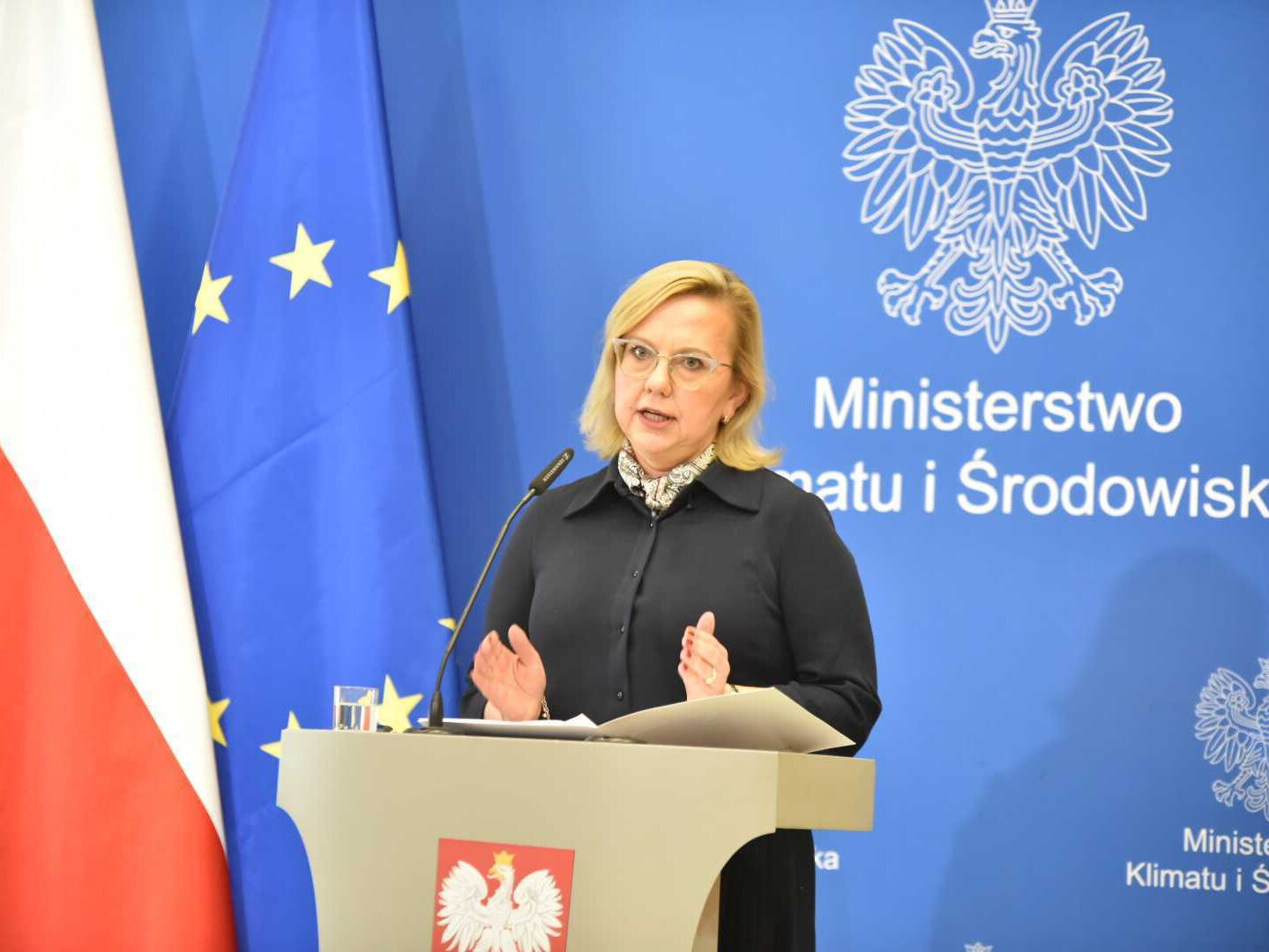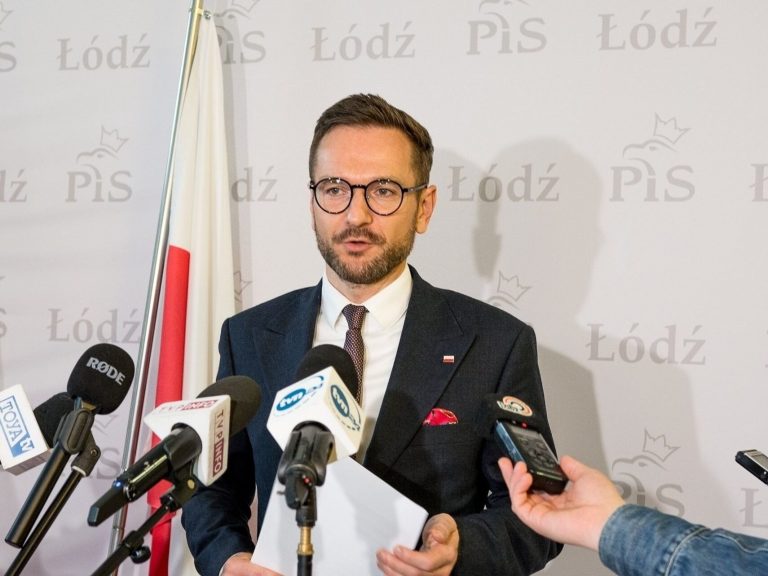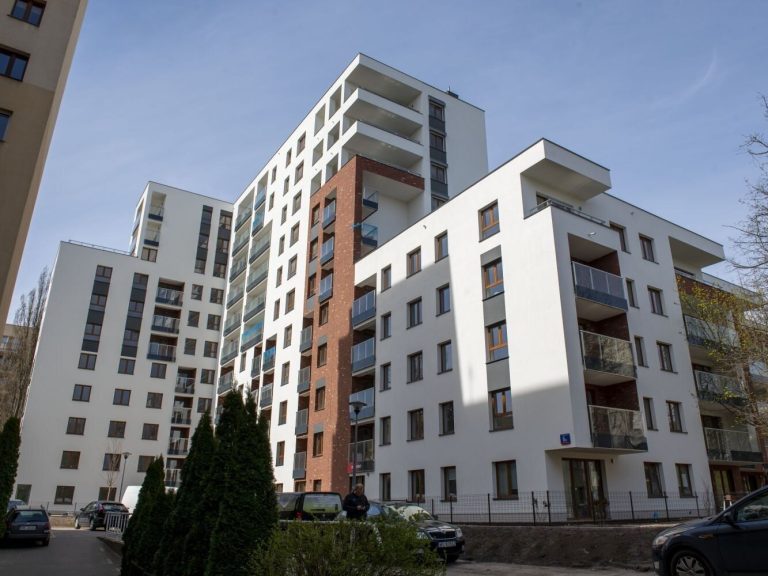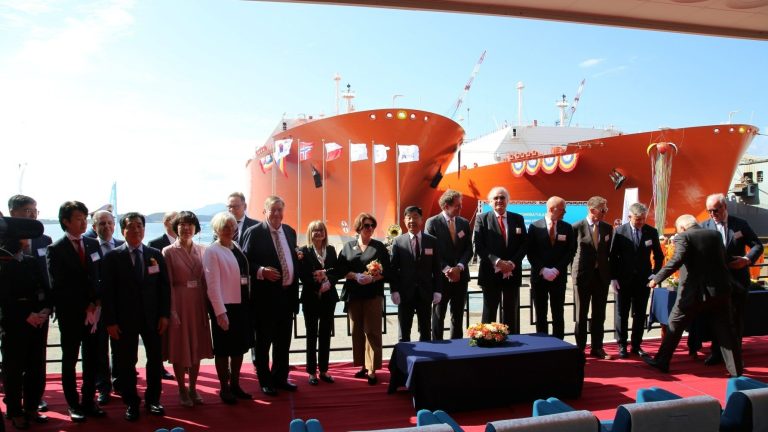Poland is suing the EU Fit for 55 package. There is an application to the CJEU

Poland has appealed to the Court of Justice of the European Union two legal acts that are part of the EU’s Fit for 55 package. The regulations concern the reduction of greenhouse gas emissions.
This is another complaint that Poland has filed regarding the EU package regulating climate policy. “Poland fights for its interests in the EU and has so far filed four complaints against the decisions of the Fit for 55 package. We believe that the EU proposals may threaten the energy security of our country, therefore, in accordance with previous declarations, we are submitting further complaints” – explained the head of the Ministry of Climate and Environment .
Complaint to the CJEU
Among the contested legal acts is the Regulation of the European Parliament and of the Council of the EU, which establishes a mechanism for adjusting prices at borders, taking into account CO2 emissions. Pursuant to these provisions, importers of goods are required to purchase appropriate certificates, the prices of which are established on the basis of the prices of CO2 emission allowances. The system is unfavorable for Polish importers and may have a negative impact on the country’s economy.
“Since the regulation lays down provisions of a primarily fiscal nature, instead of the ordinary legislative procedure, assuming a qualified majority in the Council, a special legislative procedure should have been applied, under which it is necessary to obtain unanimity in the Council of all Member States,” indicated Minister Anna Moscow.
Emission allowances
The second challenged legal act is the Directive of the European Parliament and of the Council of the EU on greenhouse gas emission allowance trading. After the changes in the rules, more allowances flow into the EU stability system, which means that there are fewer allowances on the market and prices increase.
According to the Polish government, the directive violates the principle of subsidiarity, proportionality and sincere cooperation by failing to take into account the actual possibilities of the Member States during the legislative process.






